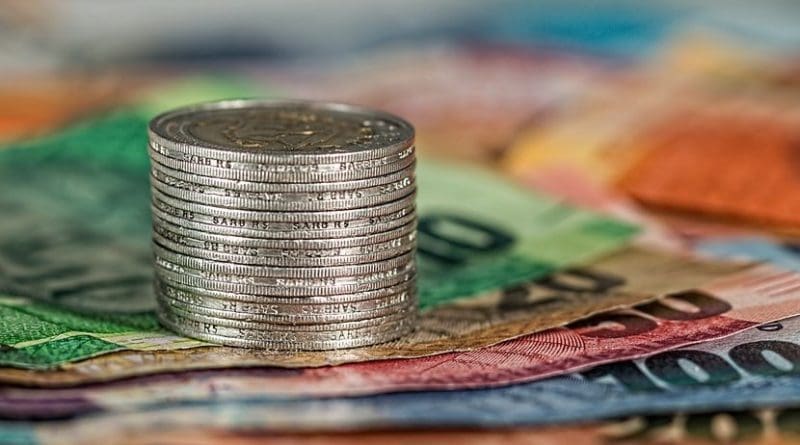EU Governments Lose €15bn A Year Due To Counterfeiting
By EurActiv
By Anne Damiani and Rúben Castro
(EurActiv) — Governments across the EU lose €15 billion each year due to counterfeiting, which is increasingly often linked with other serious crimes, according to a report by the European Union Intellectual Property Office (EUIPO) published on Wednesday (10 June).
Paul Maier, director of the European Observatory on Infringements of Intellectual Property Rights, spoke to EURACTIV about counterfeiting and the related risks for the consumers.
Counterfeiting represents a considerable amount of money, around €120 billion globally, due to the 6.8% share of illegal imports in total imports.
It concerns 11 sectors in the EU and represents an annual loss of €15 billion for EU countries, through reduced direct and indirect taxes, as well as social contributions, which are not paid by illegal manufacturers, according to EUIPO’S Intellectual Property Crime and its link to other serious crimes: Focus on Polycriminal Organised Crime Groups report.
“The average cost to build a full-fledged hospital for 500 persons is around €450 million. So the €15 billion would correspond to nearly 33 hospitals that could be built in the European Union,” Maier told EURACTIV.
Fighting counterfeit
On top of revenue losses for companies and state coffers, counterfeits do not undergo the same stringent testing as genuine goods to make sure they are safe for people to consume or use.
Up to €19 billion of sales are lost every year in the EU by the cosmetics and personal care sector, the wine and spirits sector, the pharmaceutical sector and the toys and games sector due to counterfeiting, according to the EUIPO’s estimation.
A large proportion of the cases presented in the report occurred in Spain, but Maier stressed that this did not mean the Iberian country is the most affected by counterfeit.
However, he pointed out that Spanish people have a tendency to buy counterfeit goods, a little bit above the average in Europe. Even if there are some identified hotspots, like the market in Vigo, northwestern Spain, the country is far from being the one that suffers the most from counterfeiting.
“The country in the world that suffers more from counterfeiting internationally is the US, because it is the biggest economy in the world,” Maier said, adding that France was second and Italy third.
In relation to the latter, Maier pointed out that the sale of counterfeit goods is controlled by the Mafia and that condition puts the Italian state in direct danger.
The research, carried out by the EUIPO and Europol, revealed the links between counterfeiting and other serious crimes such as kidnapping, human trafficking, and money laundering.
EUIPO and Europol are now working together to fight what they call ‘poly-criminality’. “Consumers must know that the visible part is not the worst,” Maier told EURACTIV.
A European solution
“Some 18 years ago, we tried at the EU level to introduce legislation harmonising the criminal aspects, but the member states refused that. Criminal aspects are purely national laws still. The EU does not have competence in the criminal law,” Maier said.
The director said that there is no ‘silver bullet’ to prevent counterfeiting. However, as some of the actions that could be adopted, he stressed the need to raise awareness of this topic, have solid laws, be determined in the fight against counterfeiting, and establish good communication between countries where counterfeit goods are produced.
“All four are needed if we want to fight counterfeit”.

